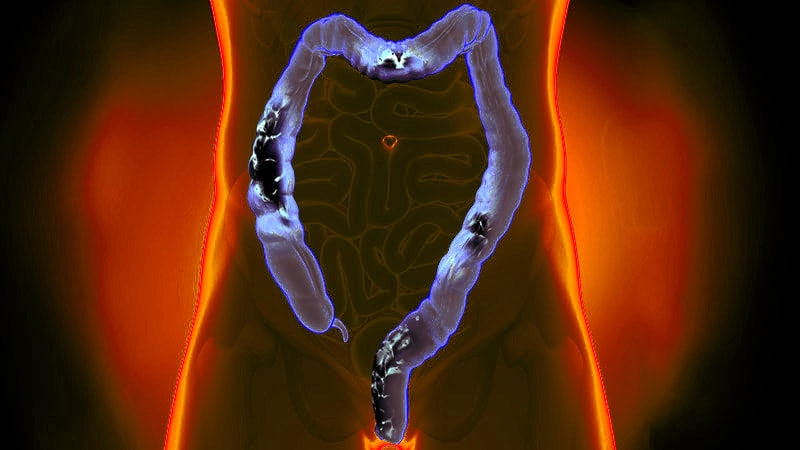ACP Recommends Starting CRC Screening at Age 50
The American College of Physicians (ACP) recommends starting colorectal cancer (CRC) screening at age 50 for asymptomatic patients at average risk, conflicting with other guidelines suggesting starting at age 45. The guidance emphasizes the lower incidence of CRC in the 45-49 age group compared to older age groups. Screening benefits and risks should be discussed with patients, and three screening approaches are outlined. The ACP does not recommend certain screening tests and highlights the importance of balancing risks and benefits in screening decisions. The guidance aims to ensure that everyone between 50-75 years old undergoes CRC screening.
- ACP recommends starting CRC screening at age 50 for average-risk patients.
- Conflicts with guidelines suggesting starting screening at age 45.
- Emphasizes lower CRC incidence in the 45-49 age group.
- Three screening approaches outlined by the ACP.
- Importance of balancing risks and benefits in screening decisions.
- Aim to ensure everyone between 50-75 undergoes CRC screening.
Dostosuj podsumowanie
Przepisz z AI
Generuj cytaty
Przetłumacz źródło
Na inny język
Generuj mapę myśli
z treści źródłowej
Odwiedź źródło
www.medscape.com
ACP Sticks With 50 as Age to Start CRC Screening
Kluczowe wnioski z
by Jake Remaly o www.medscape.com 07-31-2023
https://www.medscape.com/viewarticle/994992
Głębsze pytania
